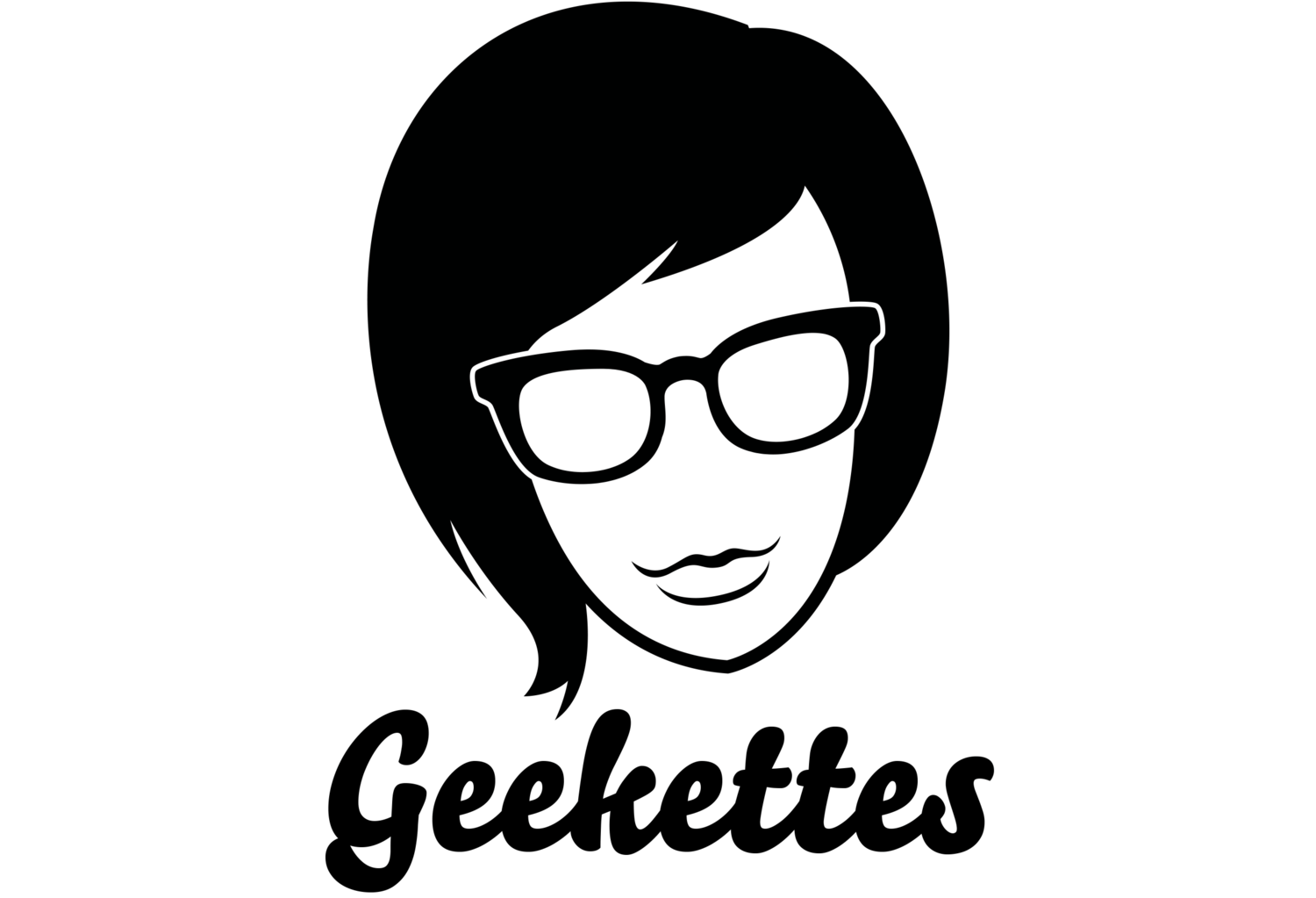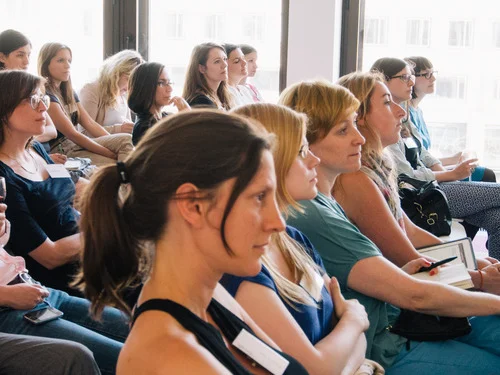Blog post written by Julinka Waesche (Gymnasiastin, Intern for Berlin Geekettes)
The name cards are placed in immaculate rows, like tools waiting to be utilized, waiting for owners… tools of networking. As we take a glass, another quickly replaces it, not to disturb the uninterrupted perfection of the reception area. We anticipate our host for the evening by occasional details; two scooters leaning against a graffiti covered wall, a little cove plastered with TV screens that let us discover our world and a list of benefits for using Chrome entertains us while we wash our hands in the blue bathroom.
Google.
“What is conflict?”
In reaction to this question, the mentees and mentors pipe up almost in chorus: “Emotions” “When things get personal” “A heated up argument”
“Unfairness”
Zoe explains that these things are legitimate indications of conflict, but what she would like to share with us is how to avoid conflict in a negotiation – whether for a salary, an investment or for a table in a restaurant. A very common but also devilish word that can turn any negotiation into an argument is the word “fair” or rather, the word “unfair”. Both sides of the negotiation evidently want to get the most out of the deal and usually think that they are always right. If you are negotiating for an investment with a BIG super company or negotiating about BIG money, then it is advisable to keep the other side happy.
Zoe’s advice for the ladies to ensure that this happens is; “Forget fair, use efficient.” “Fair” or “unfair” indicates that we are placing judgment on the other party, while the words “efficient” or “inefficient” sound more reasonable and spark interest. Zoe also explains to us that the word efficient is central to game theory and rational decision making, which means that using the word “efficient” rather than “fair” is actually scientifically proven by some insanely complex algorithm.
After Zoe’s talk, the floor was open to discussion and a lot of questions were about manipulation, and about saying “no”. In regard to these questions, Zoe said the following: “Negotiations are games” and “Try not to be the one delivering the bad news”… in other words, hire someone to do the dirty work for you so that your relationship with the other party remains intact.
Although not everyone agreed, some ladies mentioned manipulation instead of negotiation; one mentee said, “I’m a teacher. I call manipulation “guidance”.
“How do we prepare for a negotiation?”
The most crucial aspect to the preparation is knowing everything you can about the other party, to be able to ideally phrase your arguments, appealing most directly to the other party, hopefully persuading them easily to lean more towards your end of the deal.
To summarize, Zoe’s talk was about maximizing the ease of settling the deal in your favor by using subtle methods of persuasion and to create an atmosphere during the negotiation that is light and friendly.
About the blogger: Julinka is a devoted sportswoman, captain of both the soccer and basketball teams, who has a particular interest in the Sciences. She was born in London but has been living in Berlin for 10 years and attends the Berlin British School. Julinka will be starting the IB Program this September and will graduate from High School in 2015.


















